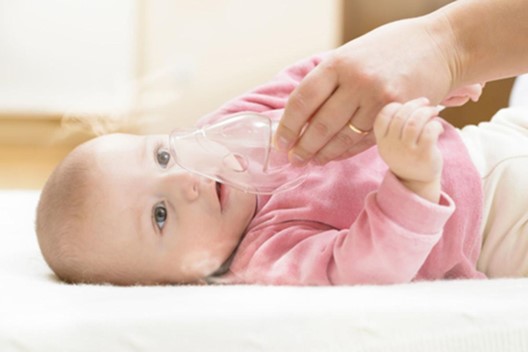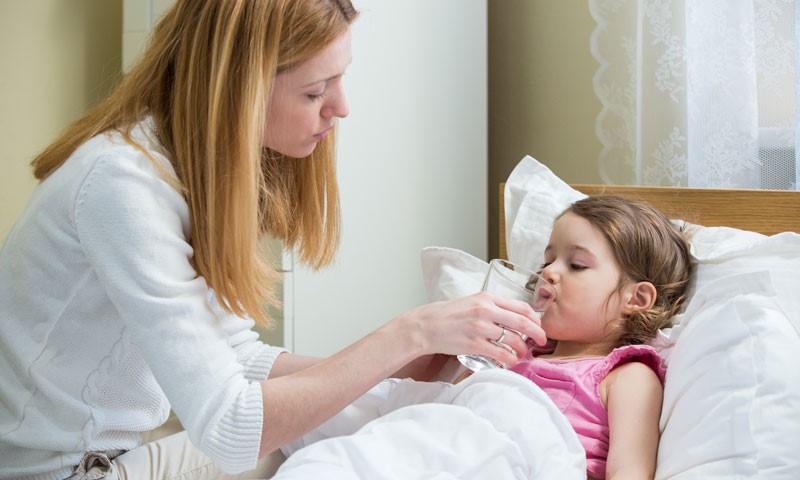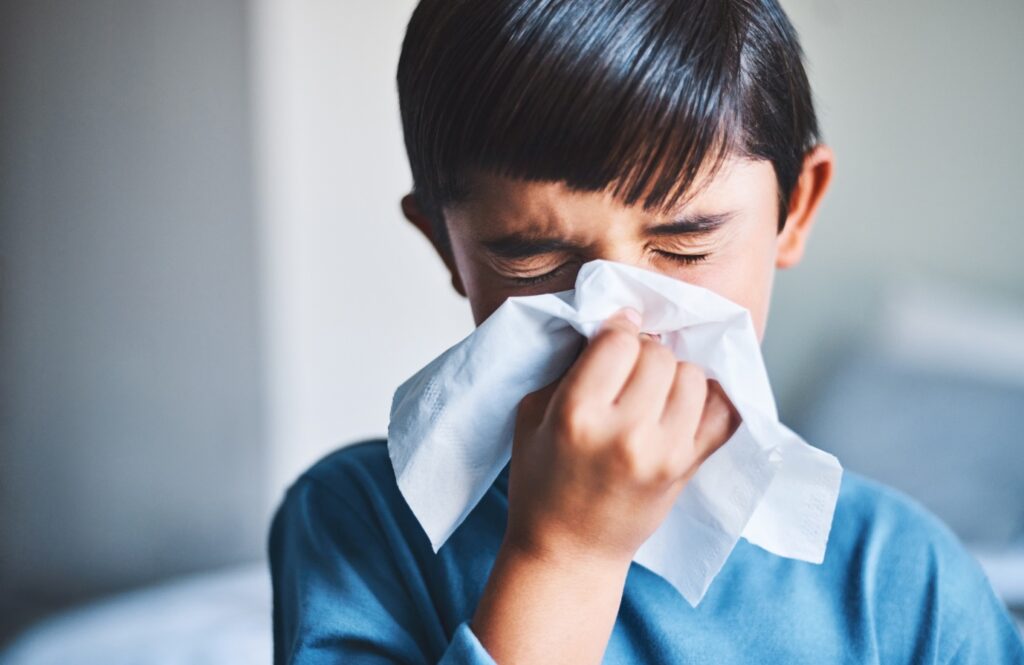Yellow baby (Jaundice) is a prevalent condition that occurs in almost 50% of term infants (born at 37 – 42 weeks gestation) and 80% of preterm infants (born before 37 weeks gestation). Suppose you notice that your baby has started to have yellow skin and eyes. In that case, that is because of increased levels of a substance called bilirubin which is generally made in the body, leading to what is termed as hyperbilirubinemia. Still, we don’t want you to worry as it is a normal transitional phenomenon.
Why does it happen?
Bilirubin is formed and produced when red blood cells are broken down. The liver naturally removes it and then excretes it in stool and urine. The levels become high when bilirubin is made faster than it can be removed. It often reaches its highest levels three to four days after birth and usually goes away one to two weeks after birth.
What are the clinical features?
Jaundice initially causes the skin to become yellow, and the gums, palms of the hands, soles of the feet, and the whites of the eyes may also develop a yellow color. The color change affects the face first, the chest, stomach area, arms, and then the legs.
Usually, your doctor will check it more than once before a baby leaves the hospital after birth. If you bring your baby home sooner than three days after delivery, you should check their skin color every day until the next appointment. The baby should be taken to see a doctor or nurse for a check-up within one to three days after going home.
Is it Harmful?
In babies whose blood bilirubin levels reach harmful levels, bilirubin may get into the brain and cause damage; we know this might sound terrifying, but it’s extremely rare as frequent monitoring and urgent, early treatment for babies with jaundice helps to prevent severe hyperbilirubinemia.
When to call your doctor?
- The yellow colour is visible at the knee or lower, is darker in appearance (changing from a lemon yellow to an orange-yellow color), or if the “whites” of the eyes appear yellow.
- If your baby develops a fever, is having any difficulty eating, is more sleepy than usual, is hard to wake them up, is irritable, and is difficult to console or arches their neck or body backward.
How to manage neonatal jaundice?
The goal is to efficiently and safely reduce the level of bilirubin. Mild hyperbilirubinemia may need no treatment at all. However, babies with higher bilirubin levels will need brief treatment.
Frequent feeding
Providing adequate breast milk is essential to preventing and treating jaundice because it helps remove bilirubin in stools and urine. If your baby is not getting enough milk through breastfeeding, your doctor can talk to you about options such as supplementing with formula. You will know that your baby is getting enough milk if they have at least six wet diapers per day, the color of their stools changes from dark green to yellow, and they seem satisfied after feeding.
Photo therapy
“Light therapy” is the most common medical treatment for hyperbilirubinemia in babies. In most cases, phototherapy is the only treatment required. The baby’s skin surface is exposed to special blue light, which breaks bilirubin into compounds that are easier to eliminate in stool and urine.
Exposure to sunlight was previously thought helpful but is no longer recommended due to the risk of sunburn unless ultraviolet rays are filtered out. Sunburn does not occur with the lights used in phototherapy.
Exchange transfusion
Is an emergency, life-saving procedure that is sometimes necessary to rapidly decrease bilirubin levels by replacing a baby’s blood with donated blood to lower bilirubin levels quickly. Exchange transfusion is performed only for babies who have not responded to other treatments and have signs of or are at significant risk for brain damage.
An insight from mamahood
To conclude, do not worry if you have a yellow baby; you must keep observing for red flags and ensure your baby stays hydrated.








